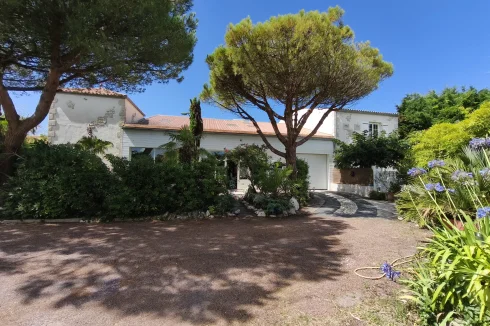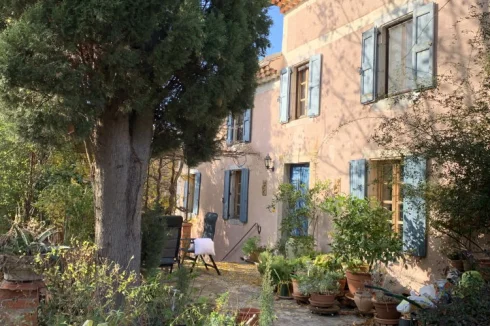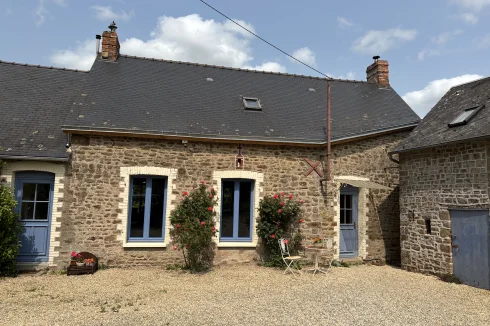International Schools in France
Thursday 09 July 2020
There are many so-called 'international' schools that exist in France, but it is a term that is widely misunderstood.
Much will of course depend on the age of your child. For those who will attend early years primary school adapting to the change may not be a problem, particularly if there has been some prior preparation in the French language.
However, for those who are 8+ years without some French language competence it is going to be a major challenge, and for teenagers an almost impossible task, which may result in considerable difficulties for the whole family.
Despite the hefty fees often payable, some parents will want to consider sending their child to an 'international school', if only on a short-term basis, but the term is used to describe what are, in reality, a number of very different educational propositions, some public and others private.
We focus here on those attending secondary school, but many schools teach children of all ages.
Public Lycée - Option International Baccalaureate
There are French public lycées (and private lycées operating under contract with the government) teaching what is called the 'International Baccalaureate' or, more correctly, the 'OIB' (Option International Baccalaureate).
This is a standard French baccalaureate and part of the formally structured French lycée system.
While some tuition may be conducted in English it is not primarily aimed at students seeking a full education in their own non-French mother tongue. The principal tuition language will be French.
Some lycées offering a standard BAC may also have an 'international section'. This essentially entails students studying and being tested on either history or science in their chosen foreign language. It does not mean that the school is necessarily offering an OIB.
Although, in part, international sections exist to help integrate foreign nationals in a school, the underlying core curriculum will continue to be French and taught in French. Neither will the foreign language necessarily be English, although there are lycées with a specific 'section britannique'.
International Schools – Non-French Syllabus
These are private fee paying lycées teaching a syllabus based largely upon the standards set by another country, eg, US, UK or Russia etc. This study may lead to a formal certified and recognised national qualification from the countries concerned.
Examples include the Cambridge IGCSE, English A levels or US SAT/PSAT.
Tuition is often conducted partly in English/French, though the primary focus will be on the native language of the syllabus under study.
The fees for attending these schools are not inconsiderable, often in excess of €10,000, and more for boarding.
International Baccalaureate
Some lycées offer teaching towards the achievement of an international qualification, recognised in many countries, which may permit students to enter into higher education within those countries.
Most confusingly, this is also called the 'International Baccalaureate', often abbreviated to 'IB', but it is entirely different to the OIB.
The IB is not a French qualification; it is based upon the academic standards of an organisation headquartered in Geneva.
There is a widespread misconception that international schools offering the IB in France teach exclusively or largely in English.
In fact, such schools may have significantly diverse policies and options relating to the percentage of tuition that is conducted in English, French or Spanish.
There are currently 18 lycée-level schools in France offering the qualification.
Once again, substantial fees are payable.
Bi-Lingual Schools
Schools which may be state or private, teaching a standard French syllabus but with heavy emphasis (possibly only initially) on foreign languages and cultures. Teaching may be in English, but it also be in a regional or other language.
Within the State system they are called section bilingue or classes bilingues, located within otherwise typical school.
The bilingual sections are located in primary and lower secondary schools (collège) and become a 'section internationale' in lycée.
A few private schools are entirely bilingual, from maternity through primary to secondary, but most are around Paris.
Many of the secondary schools offer the OIB.
Admissions
Children have an automatic right of entry to a public lycée if they are within the qualifying age ranges. Language limitations do not affect that right.
If the lycée is private admissions will be selective, although that does not always imply an entrance examination.
Fee levels in a private school vary considerably, depending on the type of school, from several thousand euros a year in a contracted private school teaching mainly in the French language, but upwards of €10,000 a year for a school offering teaching in English.
This article is is an abbreviated version of a longer guide we have published at Guide to International Schools in France.
Thank you for showing an interest in our News section.
Our News section is no longer being published although our catalogue of articles remains in place.
If you found our News useful, please have a look at France Insider, our subscription based News service with in-depth analysis, or our authoritative Guides to France.
If you require advice and assistance with the purchase of French property and moving to France, then take a look at the France Insider Property Clinic.





